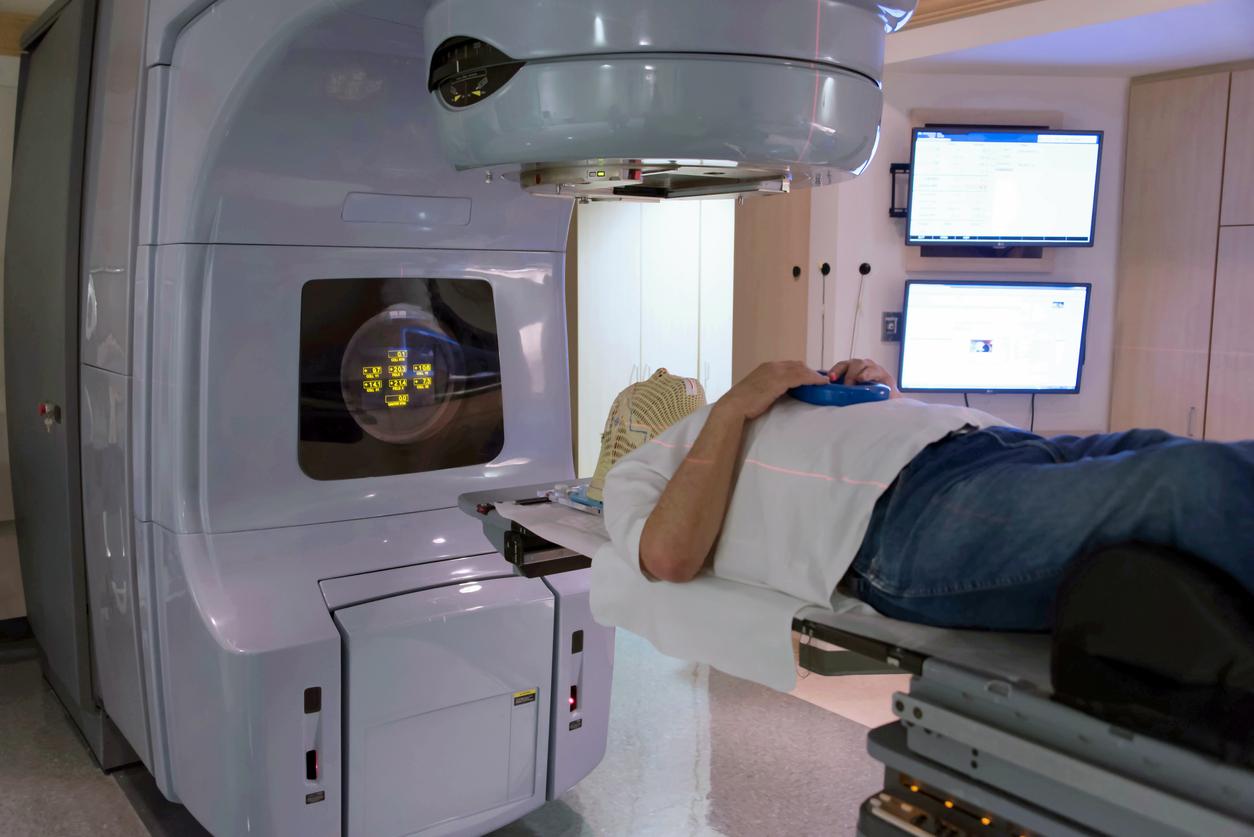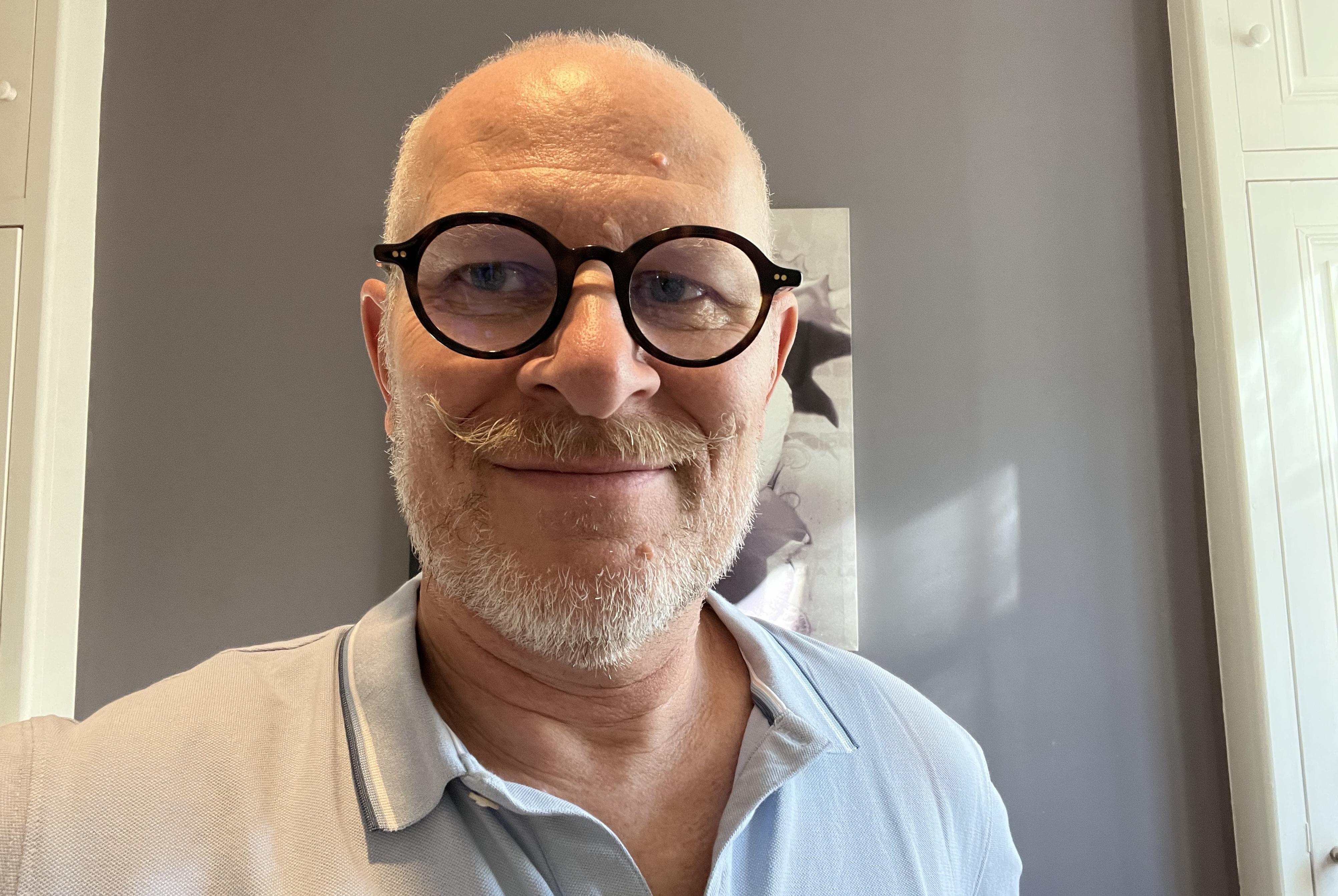In prostate cancer, vectorized internal radiotherapy makes it possible to target tumor cells very precisely, without damaging the tissues surrounding them. The results are very promising.

- Vectorized internal radiotherapy makes it possible to better target tumor cells.
- This improves the quality of life of patients and their life expectancy.
- Already used at the Nantes University Hospital, doctors are campaigning for this technique to be generalized.
A new treatment is being used to treat prostate cancer. At the Nantes University Hospital, specialists have demonstrated the effectiveness of vectorized internal radiotherapy. Already used for thyroid cancers, the technique is currently reserved for the most serious cases. “The idea is to bring radiation, radiotherapy as close as possible to the tumor cell to destroy it, and not the adjacent tissues around it. specifies Matthieu Barbaud, nuclear doctor at Nantes University Hospital, in an article in France Information.
Prostate cancer: how does this innovative treatment work?
In a communicatedthe Nantes University Hospital specifies that vectorized internal radiotherapy (IVR) is a “discipline using the physical properties of atoms to fight cancer cells within the body”. It makes it possible to develop a drug called “radiopharmaceutical”. In the article of France InformationMatthieu Barbaud compares the treatment to a lock and a key: “the treatment that we are going to inject, it will travel through the entire network of the body, look for the target that interests it, the tumor cells, and attach to them. And it is only then that the radiation will act.” In summary, RIV makes it possible to target only PSMA, a membrane antigen overexpressed in prostate cancers. The active process, called Lutetium 177, a radioactive isotope, then works to destroy the targeted cells.
A treatment already used in other cancers
“This approach has been used for a long time in thyroid cancers but its growth has been significant since 2017 (…), develops the Nantes University Hospital. The process has since been extended to other tumors and in particular prostate cancer (which remains the leading cancer in incidence among men in developed countries)..” According to Nantes scientists, the technique is a significant advance in the management of “metastatic prostate cancers already multi-treated, particularly resistant to hormonal therapies and after conventional chemotherapy”. The main clinical results, published in 2021, demonstrate this. “The results so far are pretty incrediblerejoices Matthieu Barbaud on France Information. These are results that we have not currently obtained at this stage of the disease, with a real improvement in the quality of life of patients, an improvement in their life expectancy. Currently, it is the best treatment at this stage of the disease.”
Prostate cancer: towards a generalization of these treatments?
In Nantes, 70 patients have been treated since 2022 and doctors at the CHU hope to see the technique developed elsewhere. Two problems arise: the cost of treatment, which is quite high, and the logistics necessary to put it in place. According to France Informationseveral doctors from Nantes, including Professor Jérôme Rigaud, director of the urology department of the Nantes University Hospital, met senators and deputies to ask for means to “democratize this new treatment”. “RIV allows us to deploy personalized care adapted to each patientunderlines Dr. Matthieu Barbaud, doctor nuclear. His administration perfectly illustrates 21st century medicine.“


















